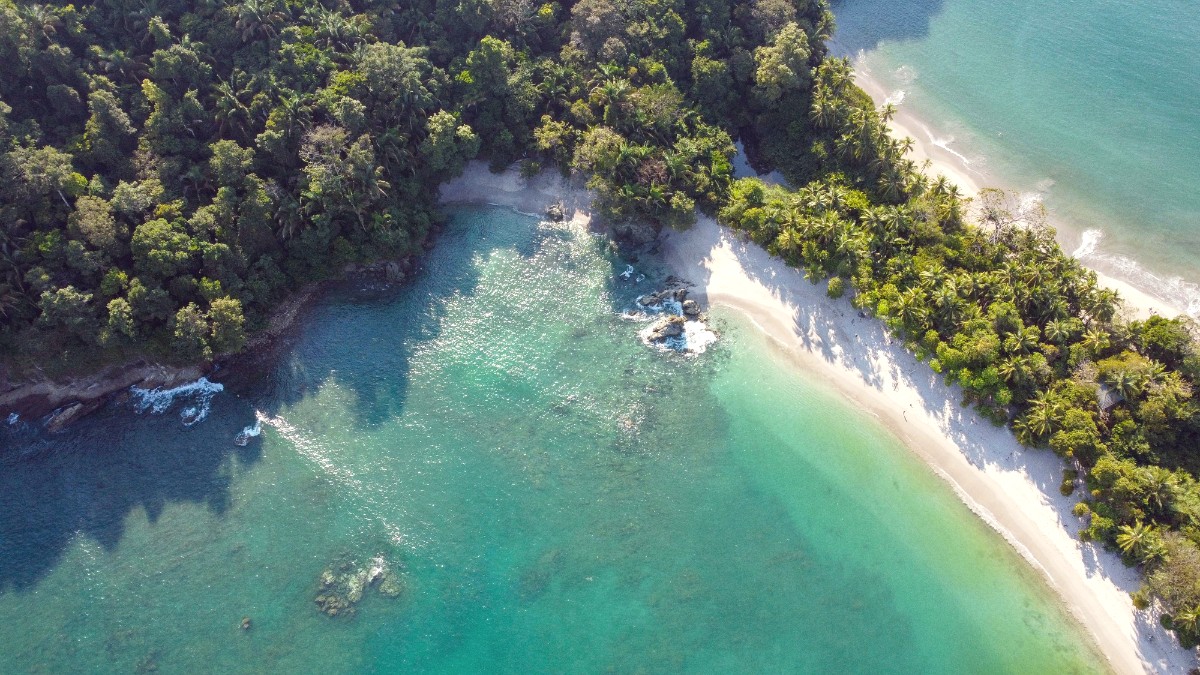
Central Pacific Coast, Costa Rica
Manuel Antonio National Park operates under strict rules to protect its unique biodiversity.
Costa Rica has good waste management, especially in tourist areas. Proper disposal supports this.
While water is abundant, it remains a precious resource. Mindful usage supports sustainability.
Your travel choices play a role in environmental well-being.
Adherence to park rules protects the unique ecosystem.
Many private reserves and eco-lodges actively engage in reforestation and wildlife rehabilitation.
Conscious decisions about consumption and travel can lessen environmental impact.
Be mindful of water usage; take shorter showers and turn off taps. Actively minimize waste by refusing single-use plastics. Bring a reusable water bottle and fill it from potable sources. Recycling bins are increasingly available in tourist areas.
Package Free ShopSeek out reusable products to minimize waste. Support brands dedicated to sustainable practices and materials.
PatagoniaSupport local artisans and cultural initiatives.
Positive interactions contribute to a memorable trip.
Mindful photography and respectful conduct in religious sites are important.
Always ask for permission before taking photos of people, especially children. A simple "Con permiso, ¿puedo sacar una foto?" is appropriate. Respect their decision if they decline.
Be mindful of privacy and avoid taking photos that might be considered intrusive or disrespectful. Respect signs prohibiting photography.
If you visit a local church in Quepos, dress respectfully (shoulders and knees covered). Maintain a quiet and reverent demeanor inside.
Your tourism choices directly contribute to the local economy.
Prioritize eating at local "sodas" and restaurants, specifically those not part of large international chains.
Choose tour operators that are locally owned and employ local guides. Their deep knowledge of the area supports local families.
Use local taxis, shops, and services rather than relying solely on international brands.
If you wish to contribute, do so through established local charities, non-governmental organizations (NGOs), or community projects.
These organizations have the infrastructure to ensure donations reach those who need them most and support sustainable development.
Avoid giving money directly to individuals on the street. Research reputable local environmental or social initiatives before your trip.